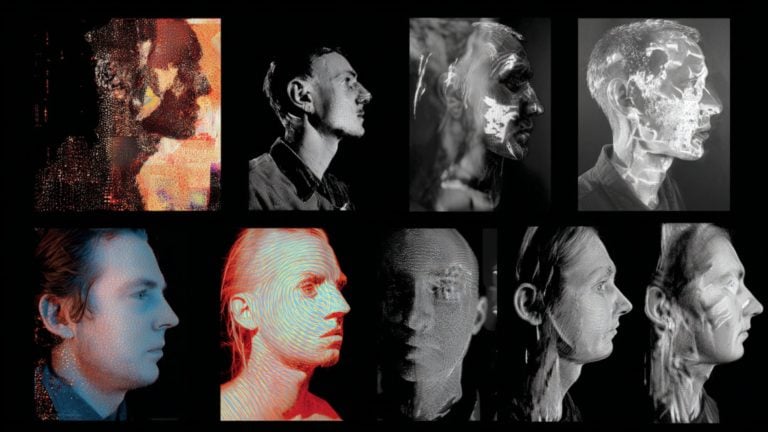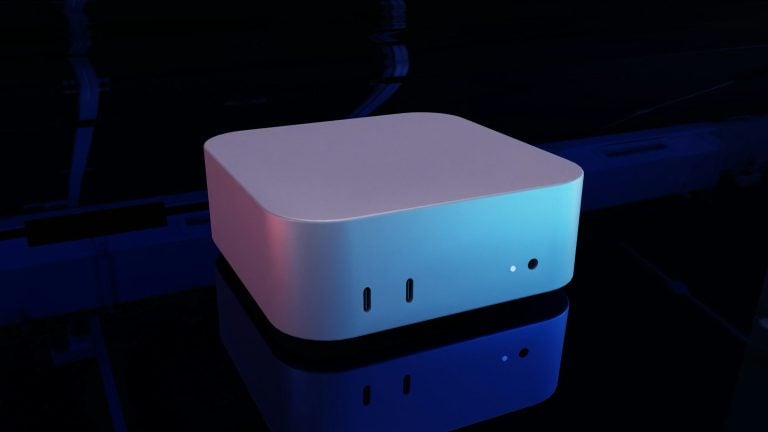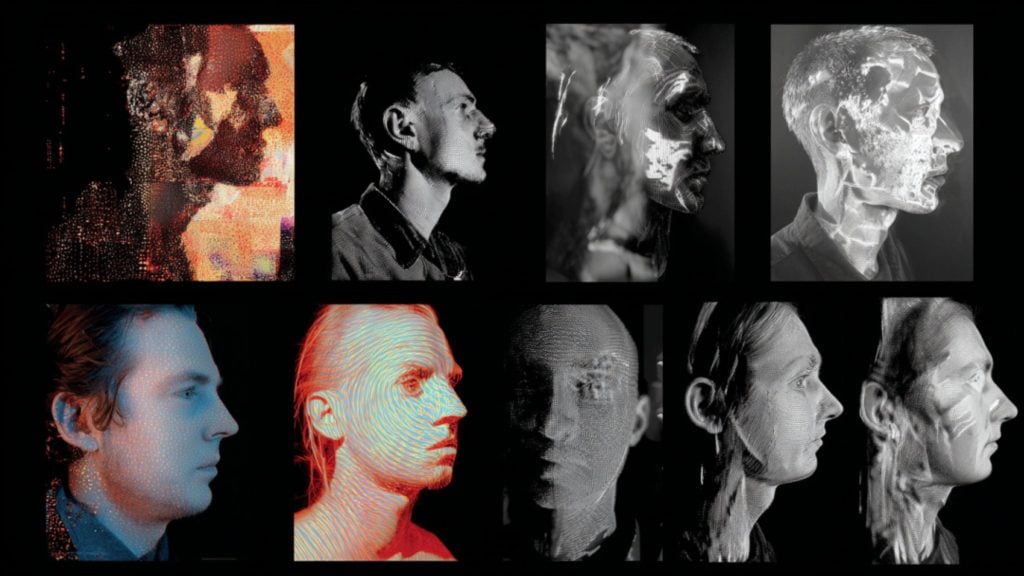The Detroit Pistons, enjoying one of their most competitive seasons in years, are embracing a digital transformation with a partnership with ID.me, a company specializing in biometric ID verification and digital identity wallets. This move reflects a growing trend in professional sports, where teams are adopting digital identity tools under the guise of enhancing fan experience but also expanding the use of biometric systems in everyday activities.
More: Biometric Entry For Major League Baseball Games is Becoming More Prevalent
Through this collaboration, the Pistons will deploy ID.me’s technology to streamline services for their community, including season ticket holders, loyalty program members, and groups like teachers, nurses, and military personnel. According to the Pistons, biometric verification will ensure that benefits, tickets, and exclusive offers reach actual fans rather than being snatched up by bots and scalpers.
“ID.me is thrilled to help Detroit Pistons fans access tickets and special offers in a more secure, frictionless way,” said Taylor Liggett, chief growth officer at ID.me. He emphasized how digital identity wallets combat increasingly sophisticated fraud attempts by bad actors in the ticketing market.
Adam Falkson, Vice President of Business Intelligence for the Pistons, framed the partnership as a response to evolving threats. “Like most industries, the risk and sophistication around fraud continues to be a threat and a challenge,” he said. Falkson added that the shared vision with ID.me is to protect customers while enhancing services in a secure and gated manner.
However, critics have noted that the growing adoption of digital ID systems in sports goes beyond ticket security, potentially normalizing the use of biometrics in everyday transactions. Sports franchises are increasingly positioning biometric verification as essential for modern fan experiences, extending its use to concessions, merchandise, alcohol purchases, and VIP access.
ID.me, which has recently seen a surge in partnerships, views sports as a fertile ground for advancing its technology. The adoption of these systems aligns with the industry’s broader trend of integrating biometrics into live events, framing it as a way to “strengthen fan relationships” and streamline services. While the Detroit Pistons and ID.me tout the convenience and security of such systems, the broader implications of tying everyday activities to biometric verification risks the growth of a checkpoint society.










